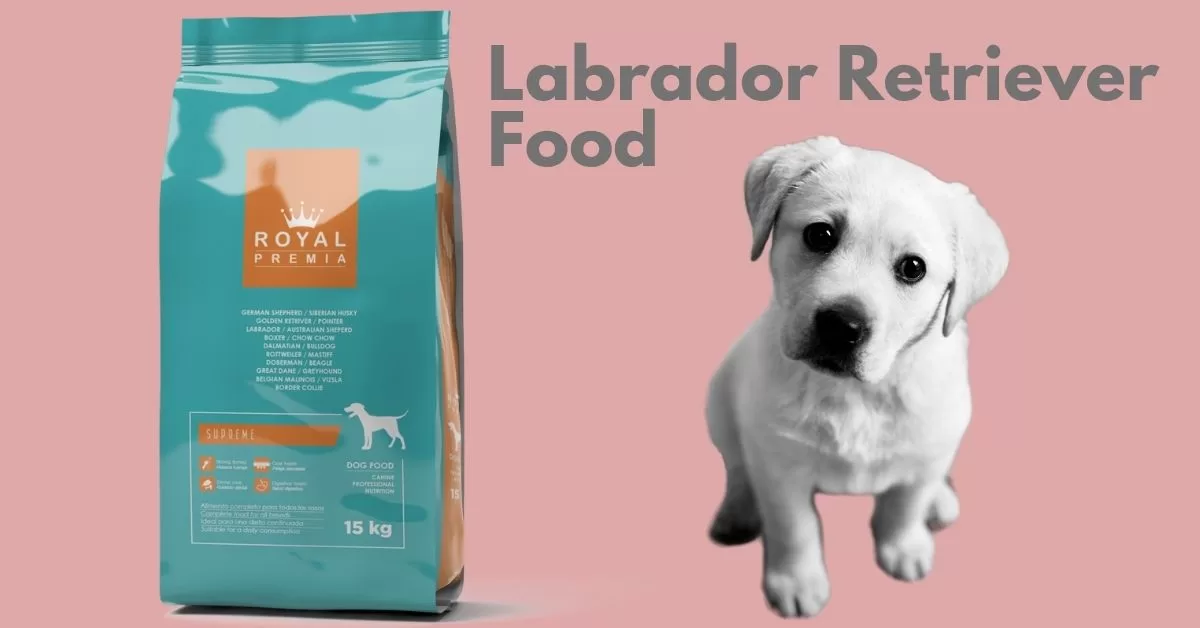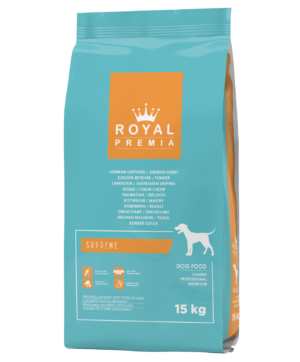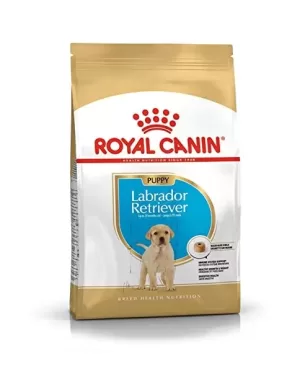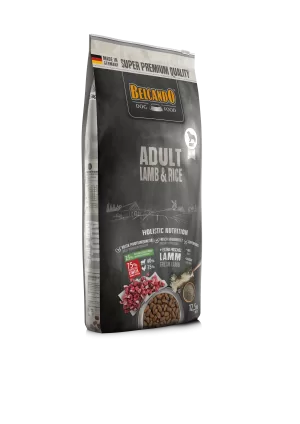Labrador Retrievers are not only known for their friendly and loyal nature but also for their hearty appetite. To keep your Labrador healthy and happy, it’s essential to provide them with the right nutrition. Here’s a simple guide to help you choose the best food for your furry friend.
Understanding Labrador Retriever’s Nutritional Needs
Labradors are active dogs with high energy levels, so they require a diet rich in proteins, fats, and carbohydrates to fuel their lifestyle.
Protein is essential for muscle development and maintenance. Look for dog foods with animal-based protein sources like chicken, beef, or fish.
Healthy fats, such as omega-3 and omega-6 fatty acids, support your Labrador’s coat and skin health.
Carbohydrates provide energy, but it’s important to choose high-quality sources like whole grains or vegetables.
Reading Dog Food Labels
When selecting dog food, pay attention to the ingredients list. Ingredients are listed in descending order by weight.
Choosing Between Dry and Wet Food
Both dry and wet food can be suitable for Labrador Retrievers.
Dry food is convenient, economical, and helps maintain dental health by reducing tartar buildup.
Wet food can be more palatable for picky eaters and provides extra hydration, which is beneficial, especially in warmer climates.
Considering Special Dietary Needs
Some Labradors may have specific dietary requirements due to allergies, sensitivities, or health conditions.
Grain-free options are available for dogs with grain allergies, although recent studies suggest they may not be necessary for all dogs.
Consult with your veterinarian if you suspect your Labrador has food allergies or sensitivities.
Feeding Schedule and Portion Control
Establish a regular feeding schedule to help maintain your Labrador’s weight and digestion.
Follow the feeding guidelines provided on the dog food packaging, but adjust portions based on your dog’s activity level, age, and individual metabolism.
Avoid overfeeding, as Labradors are prone to obesity, which can lead to various health issues.
Treats and Supplements
Use treats sparingly and opt for healthy, low-calorie options like carrots or apple slices.
Supplements may be beneficial for specific health concerns, but always consult with your veterinarian before adding them to your Labrador’s diet.
Monitor Your Labrador’s Health
Keep an eye on your Labrador’s weight, coat condition, and overall energy levels.
If you notice any changes in behavior or health, consult with your veterinarian to address any underlying issues.
By choosing the right food and providing proper nutrition, you can ensure your Labrador Retriever leads a healthy and vibrant life filled with tail wags and endless love.










